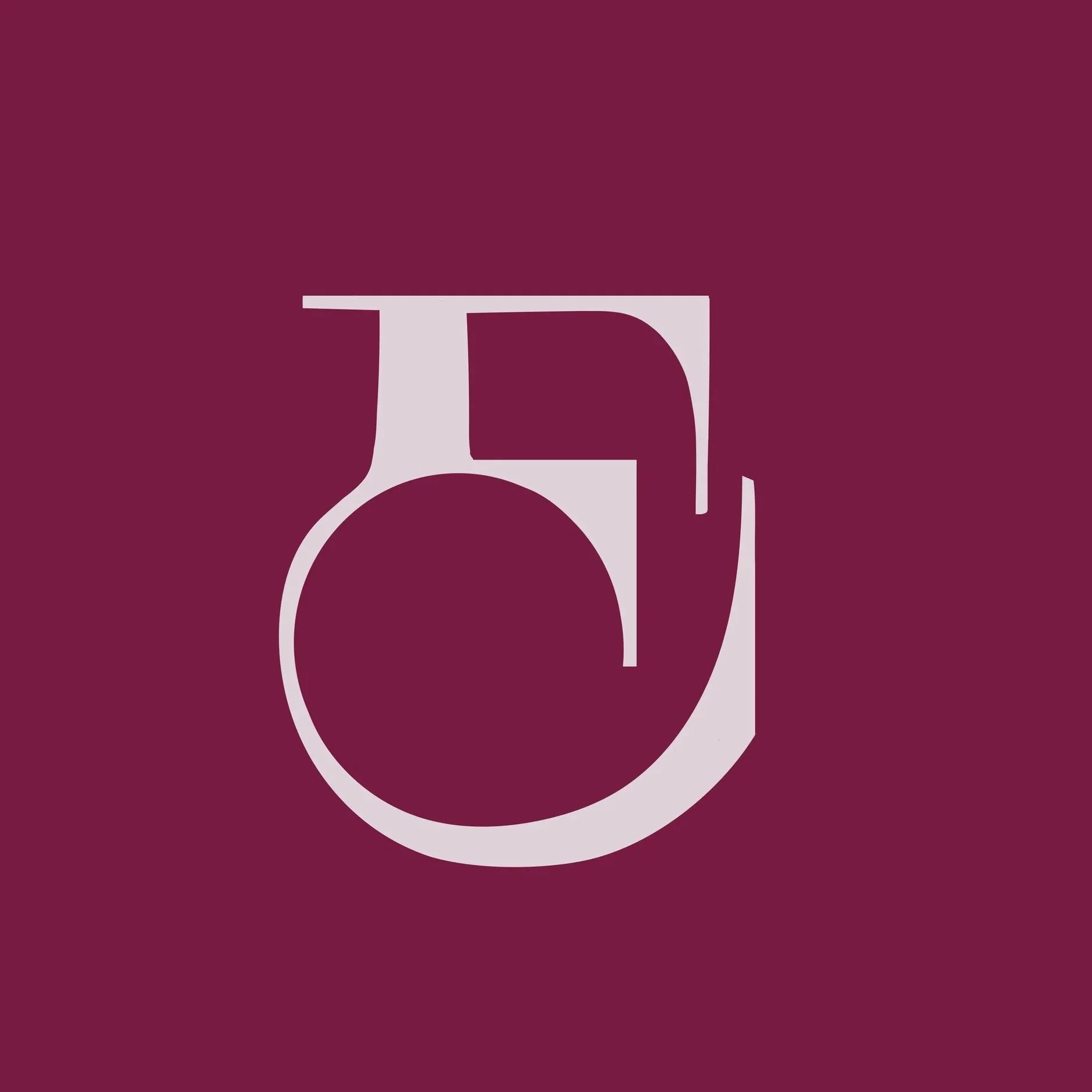Mona Awad’s newest release Rouge is a scathing critique of the beauty industry
by Karina Rower
Image courtesy of Penguin Random House Canada.
At eight, I got my eyebrows threaded for the first time.
At 12, I purchased everything I needed for my first full face of makeup.
And, at 18, I am already questioning if I need to look into anti-aging products.
Like Belle, the protagonist— and, in some ways,anti-hero— of Mona Awad’s Rouge, I too feel like I have been chasing beauty my entire life. As the multi-million dollar beauty industry continues to advance and product trends sprout up, the standards for beauty seem to be impossibly high. The recent intersection of technology and beauty in the last decade hasn’t made things any easier, with filters and social media algorithms contributing to ever growing insecurities.
Simultaneously, technology’s influence on the beauty industry has also increased accessibility in product design and usage. These advancements have had primarily positive outcomes, but social media trends like AI filters and selfies that serve to alter and enhance appearances have proven to be detrimental to women’s mental health.
In Rouge, Awad opts to comment on the more negative aspects of the relationship between technology and beauty. We watch Belle as a twentysomething grappling with her mother’s death fixate her attention on video content from Dr. Marva, her favorite beauty influencer. Seemingly hypnotized by them at first, Belle watches her videos with unwavering care. This motif of being hypnotized continues as Belle falls down the rabbit hole of cultish spa La Maison de Méduse.
Though seemingly led by a pair of red heels, Belle’s rationale for going to La Maison de Méduse is actually driven by her mother’s previous affiliation with the spa. Throughout Rouge, Belle is haunted by her mother’s beauty, crippling debt, and her scathing criticism of Belle throughout her adolescence. She recalls conversations with her mother that would seem dreamlike if not for her spitefulness.
And Mother tsked. You know those cells turn over all by themselves, Belle. Your sin’s beautiful on its own.
My sin?
Skin, of course, why would I say “sin”? So funny. Anyway, the point is, Mother Nature is a fucking wonder.
With her mother as the driving force behind her angst, anecdotes of her verbal abuse mark many moments of Rouge. Even though she is dead, she seems to haunt Belle posthumously with the way her words stick with her.
The surrealism within the novel doesn't end with Belle’s journey— as a reader, the dialogue feels removed from reality even in its simplicity. It borders on nonsensical, but Awad keeps it from getting too far from reality by contrasting it against extraordinarily detailed imagery. The typically flowery prose of Awad is placed in context with skincare vocabulary of the present day, like the recently trending retinol and tretinoin. The names of the so-called miracle products Belle uses are both comical and all too pertinent in today’s beauty market, with ridiculously long, drawn-out names like Lumiére Pigment Lightening Correxion Concentrate. When you read that all spelled out in a novel, it starts to sound sillier than how we’ve normalized it in real life.
Awad’s work first gained traction when her sophomore novel, Bunny, became a common recommendation on BookTok. Rouge takes after Bunny in many ways, sharing themes of cults, appearances, and the slight allusion to fairy tales. However, the train of thought in Bunny was far more clear and streamlined, with the protagonist’s best friend always there to serve as a voice of reason. Rouge misses that, as all we have to rely on is Belle’s easily-swayed and often-manipulated conscience. Without some kind of voice of rationality, the novel feels a lot more like a psychedelic trip.
As per the title, everything is red. I interpret it as a callback to Snow White, one of Awad’s inspirations for Rouge. Cars, nails, curtains, and even jellyfish— all red. Aside from the rather on-the-nose connection to the title, red also helps represent the themes of desire and passion. Above all, Belle is grieving the loss of her mother, but also still seeking to become as beautiful as her idols: her mother and Dr. Marva.
Even though her mother might seem like the most obvious antagonist from the start due to the way Awad writes about their ever-turbulent mother-daughter relationship, the novel develops to display how the beauty industry and cultish spa are the real antagonists. In the final chapters, there are no mentions of Dr. Marva or standards of beauty, and Belle comes away embracing her skin as is.
The way we choose the products has changed as influencers have become an increasingly popular form of marketing. In Rouge, our influenced makeup and skincare product purchases shed their positive light, instead forcing us to confront the ugly reality of the so-called beauty industry
If you need a sign to deinfluence your makeup shelf or medicine cabinet, Rouge is a great tool. Awad’s prose will have you rethinking your relationship with influencers and why you practice self-care. Despite its shortcomings in clarity and dialogue, Awad delivers a message that feels necessary and timely with the state of today’s conversations around beauty. It slightly pales in comparison to her more popular release Bunny, but remains a solid addition to Awad’s body of work where she tends to explore the intricacies and pressures often placed on the female psyche.
Rouge begs the question— does the beauty industry advertise self-care as a way to make yourself feel better? Or, does it tell you to change your appearance because it isn’t good enough?

